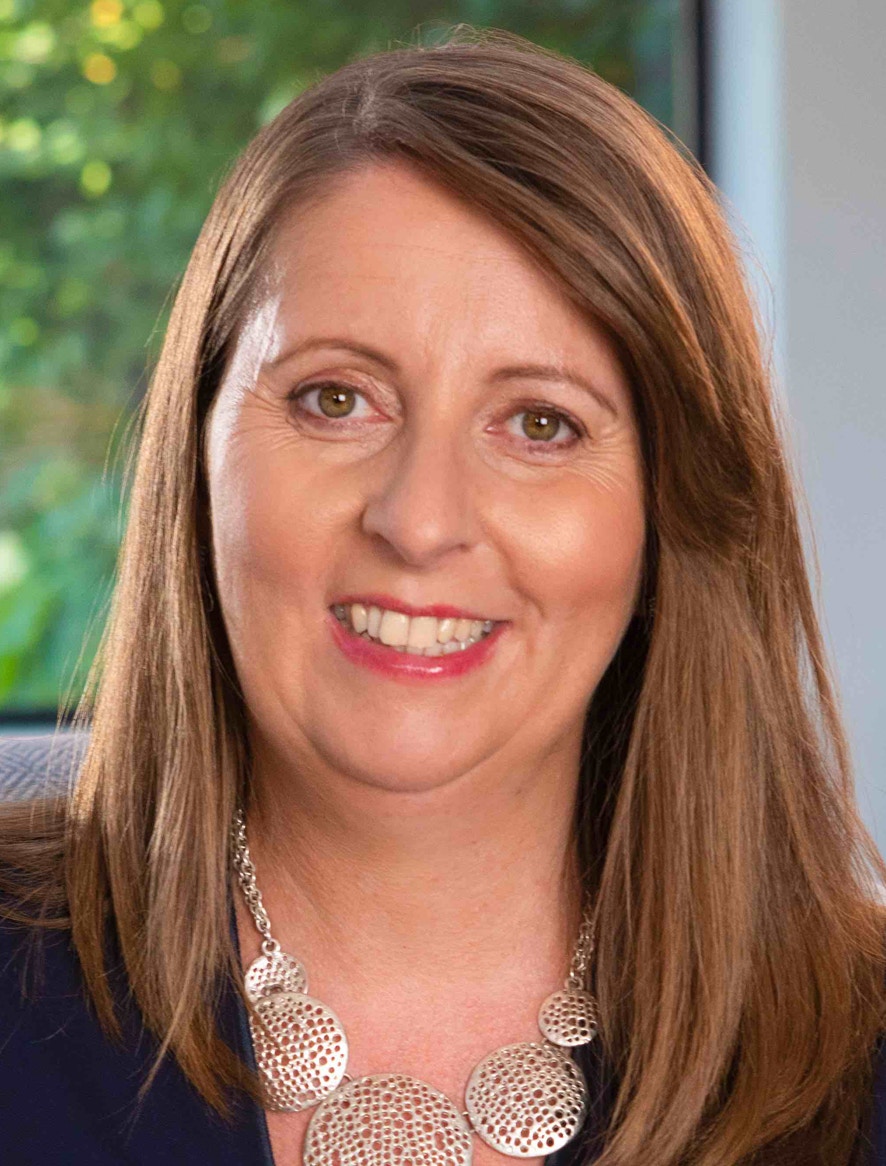
Perspectives on the advice gap
- Advisers think the advice gap is an IFA problem and they have the greatest potential to bridge it.
- Advisers and advised clients see the value in advice, but non-advised investors need convincing.
- Consumer Duty seems to be having a mixed impact on the advice gap.
Whose gap is it anyway?
The advice gap remains a significant, unsolved industry issue. While cost is inevitably an issue for some investors, our survey suggests the advice gap persists for a few reasons, including a lack of trust in financial service providers and a lack of awareness about the value of advice and the support available. But, first off, whose gap is it?
Is the advice gap an industry, regulatory or adviser problem? Surprisingly, nearly three-quarters of advisers (74%) believe that the advice gap is firmly an IFA problem. Moreover, when asked who has the greatest potential to close the gap, the top answer was advisers (44%) themselves. Advisers placed technology (including AI) in joint second place, with 20% seeing the greatest potential there, while 20% feel established savings providers can make the biggest impact. Only 13% of advisers felt regulation offered the best potential to close the gap.
Do you think the advice gap is an IFA problem?
Who or what has the greatest potential to close the advice gap?
87% of advisers believe they add between 2% and 4% in value to clients’ portfolios.
What are the biggest barriers to you paying for advice? (Choose up to 3)
Which gap: price or perception?
For investors with smaller portfolios, access to financial advice may be more limited, but it is by no means inaccessible. Encouragingly, 68% of advisers said that they now provide a specific proposition for investors with portfolios under £50k, typically through a more limited service, involving prebuilt investment solutions, with less face-to-face interactions for a fixed fee. A further 19% said that they were considering introducing such a proposition.
An 87% majority of advisers also said they believed that retail bank D2C propositions for sub-£50k portfolios were beneficial in introducing consumers into investing, and ultimately the advice process, by helping them to accumulate wealth.
For investors with larger portfolios, cost is still a factor but not the only one. While 40% of non-advised investors consider cost to be the biggest barrier to accessing financial advice, 28% are not convinced it would save them money, 18% cite trust issues, 15% don’t see the value it would give them, and 15% do not know where to go for advice. Only 26% categorically state that they don’t want to pay for advice.
Worryingly, these figures support the idea that many investors do not seek advice because they can’t afford it, but rather because they are either not aware of, or distrustful of, its value.
So how much value do advisers believe they deliver for their clients? 87% of advisers believe they add between 2% and 4% in value each year to their clients’ portfolios. This is consistent with the Vanguard Adviser Alpha study*, which calculated that advice adds around 3% annually to advised portfolios. Interestingly, behavioural coaching is estimated to account for 1.5% of that value add. In our survey, advisers agreed that was also a valuable aspect of their advice, but favoured asset allocation & rebalancing and the effective management of withdrawals as the top value drivers.
What do you think are the most valuable aspects of your advice?
Most importantly, advised clients firmly believe in the value of advice, with 82% of advised clients believing the advice they receive represents good value for money. This difference in the perceived value of advice between advised and non-advised investors presents a challenge and an opportunity for advisers. It’s not just about making advice more affordable; advisers can make gains by demonstrating their value and engaging with the unconverted.
How much value do you believe advice adds to portfolios versus non-advised portfolios?
To what extent do you agree or disagree that the advice you have received from your adviser to date represents good value for money?
Consumer Duty could have a mixed impact on the advice gap
Consumer Duty sharpens the need for advisers to demonstrate the value that their advice services represent. If advice firms are having to do the work to demonstrate value add to the FCA, that same work could also be valuable in client acquisition strategies. Encouragingly, more than half (52%) of nonadvised investors say the new Consumer Duty would make them more likely to seek advice.

However, the additional workload involved in complying with Consumer Duty may be placing an increased administrative burden on advisers. Nearly three-quarters (74%) of advisers have increased their minimum portfolio size for full advice services, in the past twelve months.
Analysis
...advice is incredibly valuable...
The advice gap is a particularly pertinent issue at these times of high inflation, when some investors with lower-value portfolios are at risk of seeing their predominantly cash-based savings slowly erode in value. It’s great to see advisers stepping up to the challenge by building out lower-value portfolio propositions. Outsourced investment solutions, digital platforms and online communication channels all help to open up the possibility of taking on lower-value clients. All of our survey evidence supports the view that advice is incredibly valuable and advised client satisfaction remains high. Yet, there is a perception gap around value with some non-advised investors. We are committed to working with our advisers to champion the value of advice to bridge that gap.















